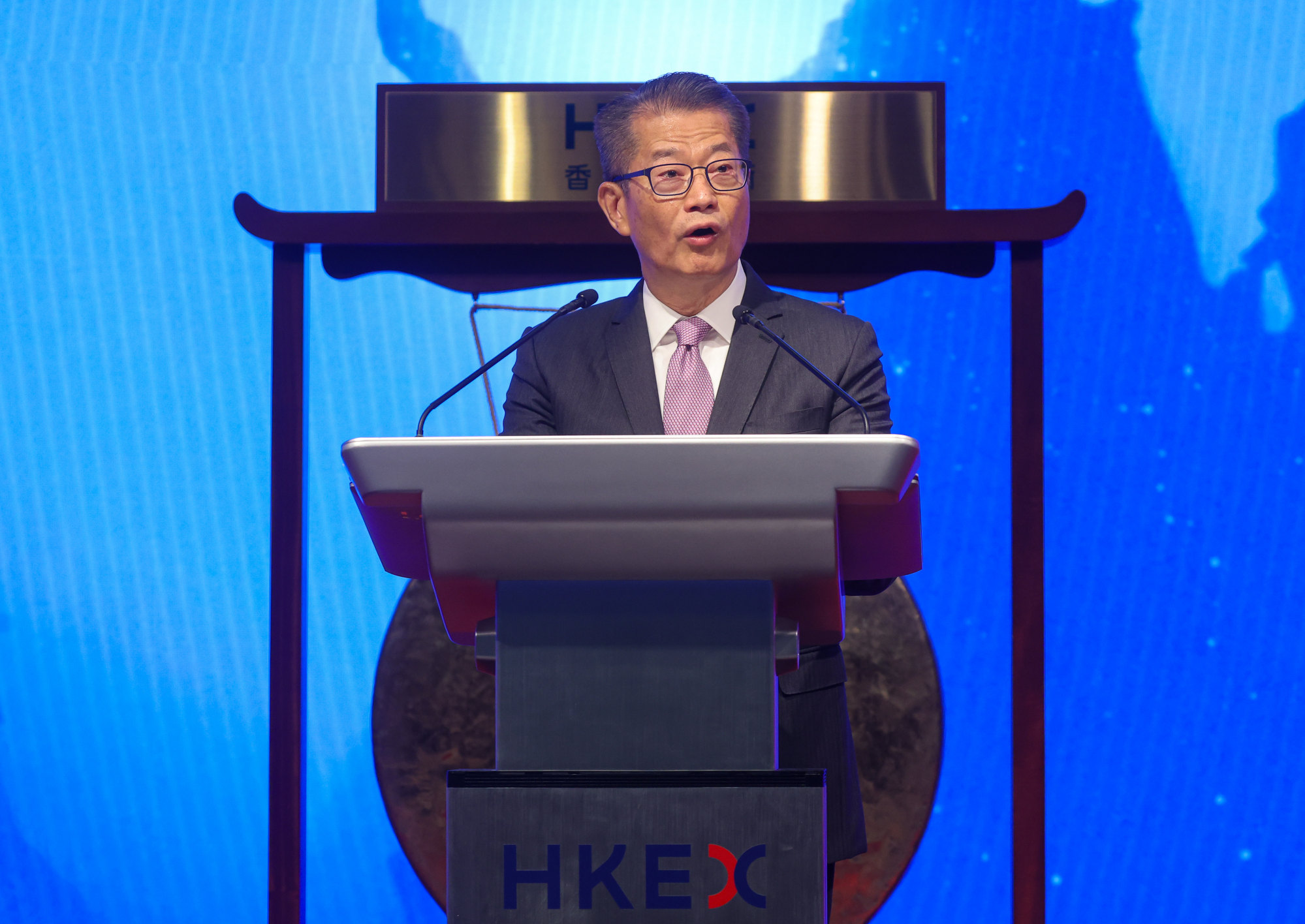
The ETFs provide Asian investors unprecedented access to the Saudi equity market, which is undergoing substantial growth driven by strategic economic transformations. This initiative is seen as a pivotal move in diversifying investment opportunities and fostering closer economic ties between Saudi Arabia and China.
Yasir Al-Rumayyan emphasized the importance of this development in his remarks at the event. He highlighted that the ETF's listing is not merely a financial instrument but a gateway for Asian investors to participate in Saudi Arabia's dynamic market. This market is characterized by sustainable long-term growth, fueled by ambitious reforms and diversification efforts under the Vision 2030 initiative.
The Vision 2030 initiative, spearheaded by Crown Prince Mohammed bin Salman, aims to reduce Saudi Arabia's dependence on oil by developing sectors such as tourism, entertainment, and technology. This strategic shift has already begun to show results, with significant foreign investments flowing into various non-oil sectors.
China, on the other hand, has been actively seeking to expand its financial market reach and enhance its global economic influence. The introduction of Saudi ETFs on Chinese bourses aligns with Beijing's broader strategy of integrating with international markets. It also reflects China's commitment to opening up its financial sector to foreign investments.
The ETFs are expected to attract a diverse range of investors, including institutional and retail participants, looking to capitalize on Saudi Arabia's economic growth. By providing a direct investment channel into the Saudi market, the ETFs offer an efficient and transparent means for investors to gain exposure to one of the most rapidly evolving economies in the Middle East.
This move also signifies a broader trend of increasing financial cooperation between Saudi Arabia and China. Both countries have been deepening their economic ties through various bilateral agreements and investments. The launch of these ETFs is a testament to the growing partnership and mutual economic interests between Riyadh and Beijing.
The strategic timing of this launch cannot be overlooked. As global markets continue to face volatility and uncertainty, the introduction of Saudi ETFs in China provides a new avenue for investors seeking stable and promising opportunities. This development is poised to enhance market liquidity and boost investor confidence in the Saudi market.
Moreover, the collaboration between the Saudi Stock Exchange (Tadawul) and Chinese exchanges is expected to foster knowledge exchange and best practices in market operations. This partnership aims to create a more robust and resilient financial infrastructure that can support sustained economic growth in both regions.
Investors are closely watching how this new financial product will perform and its impact on broader market dynamics. The successful listing of Saudi ETFs in China could pave the way for more innovative financial instruments and cross-border investment opportunities in the future.
As the global financial landscape continues to evolve, Saudi Arabia and China's move to link their markets through ETFs sets a precedent for other nations seeking to enhance their economic connectivity. This development underscores the importance of strategic partnerships and innovative financial solutions in driving economic growth and stability.
With the launch of these ETFs, investors are presented with a unique opportunity to tap into Saudi Arabia's economic transformation and China's expanding financial market. This collaboration marks a significant milestone in the financial history of both nations, promising a future of increased connectivity and shared prosperity.
Topics
Spotlight
